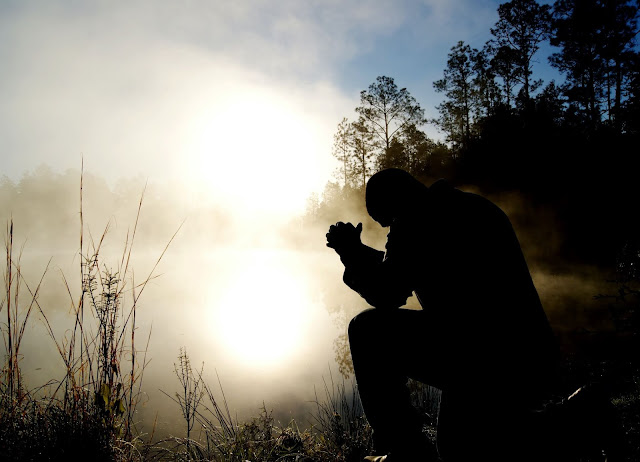It is human nature to want to be in control of your life. In
reality, there are many things you cannot control. An addiction to drugs or
alcohol is one of those things. What does it mean to be powerless over addiction?
It does not mean you cannot change your situation, to overcome your addiction
and move forward toward recovery.
The First Step
The first step in the 12-Step Program states
“we admitted we were powerless over alcohol – that our lives had become
unmanageable.” The same powerlessness applies to drugs and other addictive
substances that have taken over your life. Being powerless doesn’t mean you
have to throw up your hands and say there’s nothing that can be done, though.
For people who are addicted to drugs or alcohol,
powerlessness means using
against their will. If they cannot stop, how are they able to tell themselves
they are in control? Even with the greatest amount of willpower and the sincerest
desire to stop using, being powerless means they have no choice, they cannot
stop using on their own, without appropriate help.
Admitting to Being Powerless
There is a reason that the first step in the 12-Step program
is admitting to being powerless. Insisting that you can overcome your addiction
on your own is not healthy or effective. When you are addicted, you have lost
the power of choice. Willpower is practically non-existent.
However, when you admit to being powerless and to being
unable to manage your life in addiction, you open the door to recovery. The memory
of the humiliation and suffering you experienced just a week ago is probably
already lost in your memory, but try to think about how you feel when you are
using drugs or drinking.
Your concerned friends and family members want to help you,
but you have to admit for yourself that you are addicted. As an individual who
was addicted but who is now in recovery noted,
“admitting powerlessness meant that no amount of trying or practicing or
self-control was going to change the way that drugs and alcohol affect my
brain. This concept is about accepting what is and what is not. Step one was a
gateway to freedom and a proclamation of progress.”
The Next Steps
Ask yourself whether you can control your use of addictive
substances. Most people will say that control is impossible, at least for any
length of time. This clearly suggests that as someone who is addicted, you have
no control over your use of drugs or alcohol. After admitting that you are powerless
over your addiction, the next steps are geared to relying on others.
Step 2 emphasizes that we “came to believe that a Power greater
than ourselves could restore us to sanity.” That is followed by step 3, which
states that we “made a decision to turn our will and our lives over to the care
of God as we understood Him.” Being powerless means that we need to turn to
others and to a higher power for the help we need to move forward with
treatment and recovery.
The Writings of Paul
In Romans 7:18-19, the apostle Paul writes “For I
know that nothing good dwells in me, that is, in my flesh. For I have the
desire to do what is right, but not the ability to carry it out. For
I do not do the good I want, but the evil I do not want is what I keep on
doing.” The passage tells those who are addicted to drugs or alcohol of how the
apostle Paul was also powerless over the sin in his life, apart from the power
of God.
Paul had the will to do what was right but had the inclination
to do what brought him back into the “captivity of sin.” When facing your
addiction and taking that first step, you will also become aware of how powerless
you are over your addictive behaviors. No matter how strongly you might will
yourself to act in a certain way or to do (or not do) a certain thing, you will
find that you are not able to carry through with it consistently. You have
become powerless over your addictive behaviors and your life has become
unmanageable.
The Good News
Being powerless does not mean that you need to give up and
give in. Reaching out for help, through prayer and by seeking out a treatment
program for your addiction, can help you overcome your addiction and move forward
in recovery. As one individual
put it, “I began moving from a lack of awareness into a new awareness and into
the possibility of change. This cultivated the first glimmer of hope I felt in
my sobriety – the idea that I was capable of living life in a different way. A
new way of living, void of pain, and the awareness to recognize when I am
powerless in a situation.”
California Faith-Based Addiction Treatment
If you struggle with a substance use disorder, please contact Celebrate Hope to learn more about our
faith-based addiction treatment program. Our team helps men and women break the
cycle of addiction and begin anew. We rely on the teachings of Jesus Christ,
along with evidence-based therapies to get individuals on the path of recovery.

